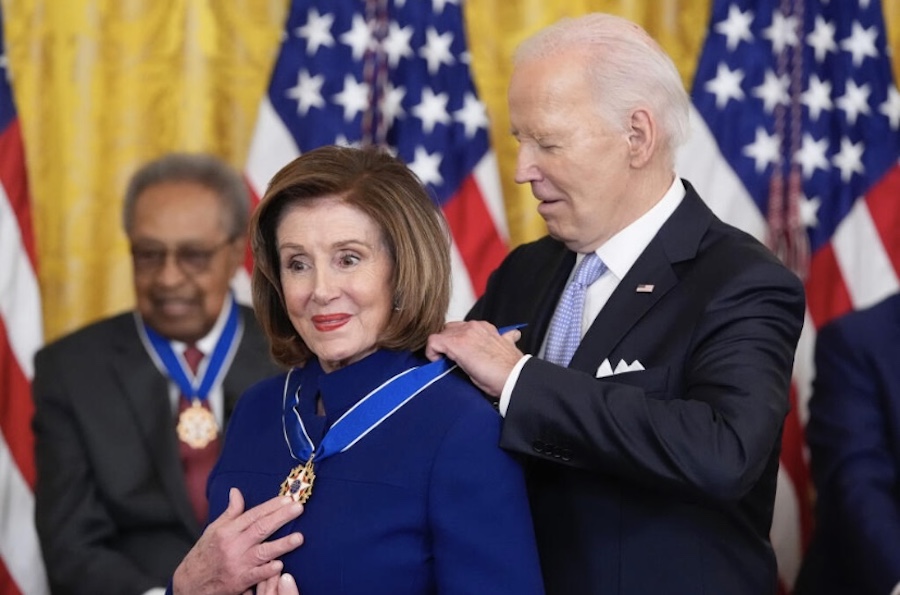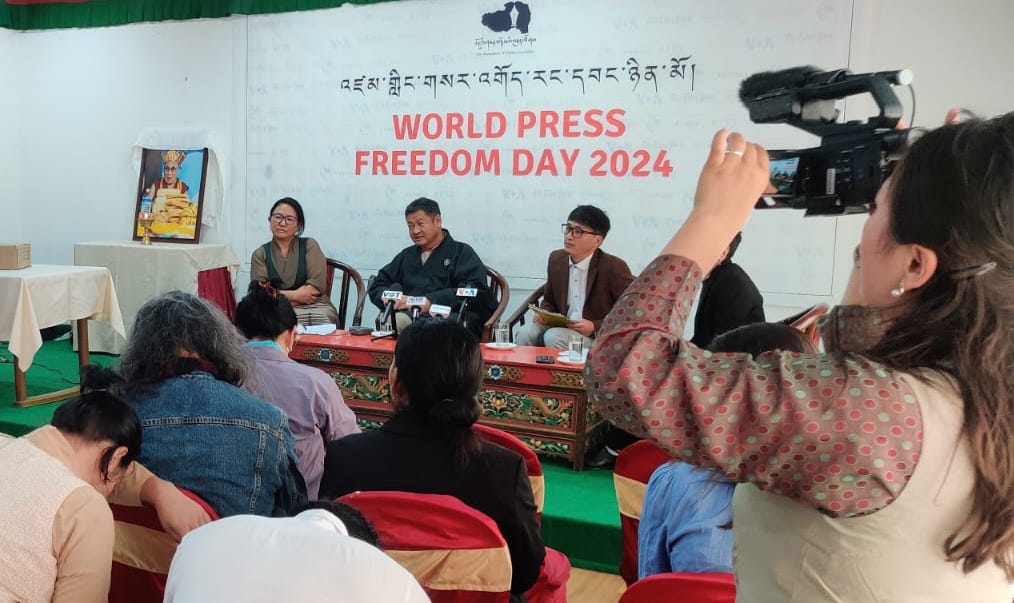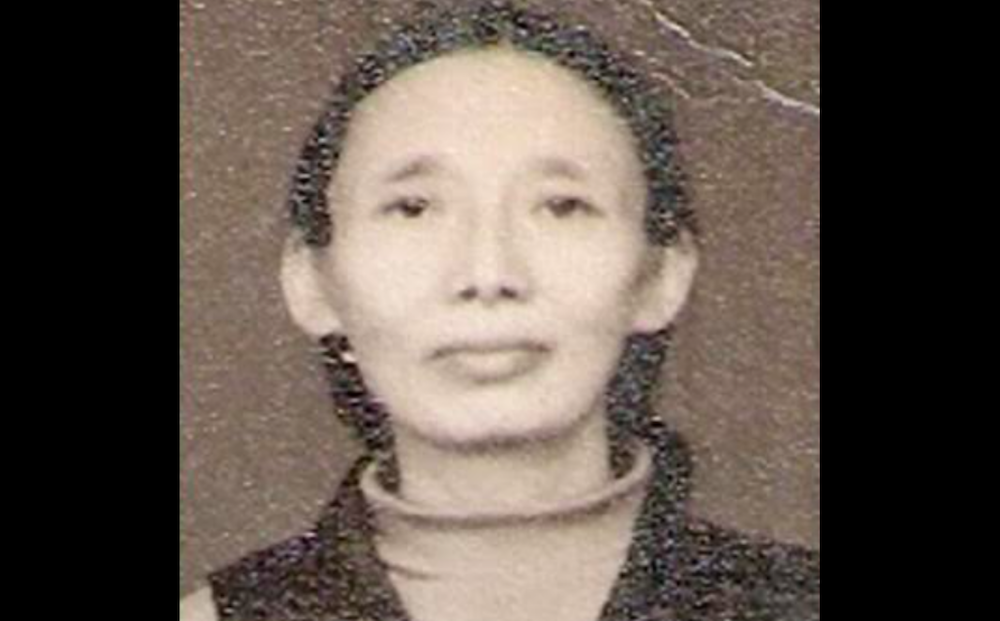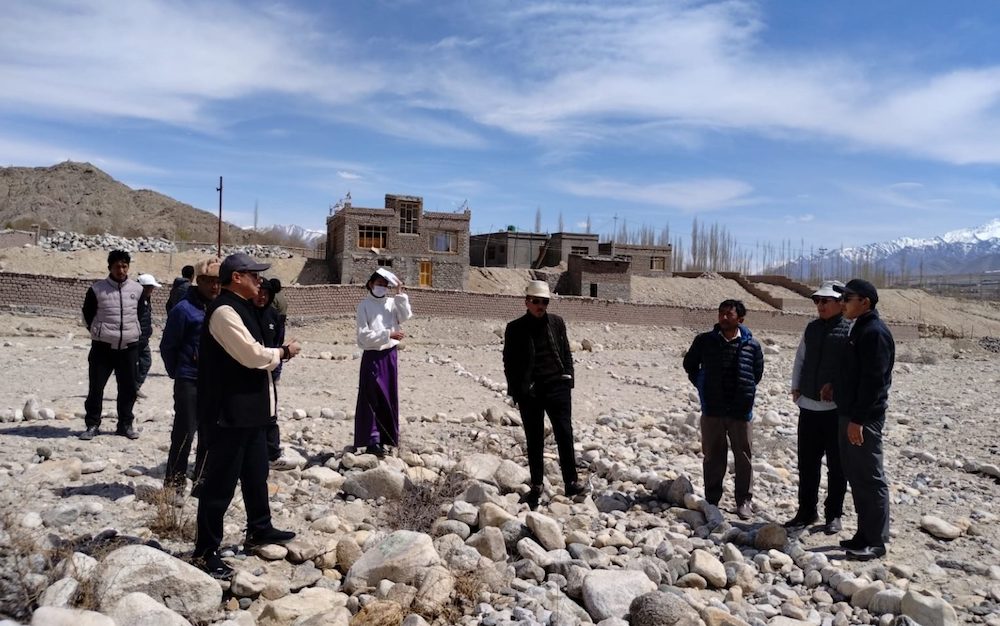By Leigh Holmwood
Campaigners against China’s occupation of Tibet have criticised a new BBC4 documentary which they claim contains a “grievous misrepresentation” of the country’s spiritual leader as chosen by the Dalai Lama.
The Free Tibet campaign’s director, Anne Holmes, has written to BBC4 controller Janice Hadlow to express “deep disappointment” with the first episode of One Year in Tibet, which will be screened tomorrow night on the digital channel.
Tomorrow’s first episode, entitled The Visit, focuses on a visit by Gyaltsen Norbu, chosen by the Chinese as Tibet’s new spiritual leader, to a monastery in the western Tibeten town of Gyantse.
However, Holmes, who watched a review copy of the programme, said it failed to deal with the huge controversy surrounding the choice, which was imposed after China refused to recognise the Dalai Lama’s own nomination of Gedhun Choekyi Nyima as Tibet’s 11th Panchen Lama in May 1995.
The six-year-old boy disappeared with his family three days after being nominated and has not been heard of since.
In her letter, Holmes said the programme made no mention of Nyima’s disappearance and did not explain that “for Tibetans there are two Panchen Lamas – Gendun Choekyi Nyima, the real Panchen Lama, and Gyaltsen Norbu, the Chinese Panchen Lama or Panchen Zuma (‘false’ Panchen Lama)”.
Holmes added that the programme would leave viewers with the “impression that Tibetans have accepted Gyaltsen Norbu as the 11th Panchen Lama and as their spiritual leader”, but said this was “simply not true”.
“Unprecedented access should not mean agreeing to film an event stage-managed by the Chinese authorities and presenting less than half the story as the truth,” she added.
“Tragically, in its wish to record a photogenic and unique series on Tibet in Olympics year, the BBC has fallen into China’s trap and misrepresented the deeply held beliefs of the Tibetan people.”
A BBC spokeswoman defended the programme, saying it was an observational documentary on ordinary Tibetans and not a “detailed examination of its history or politics”.
“As is made clear from the outset, the purpose of A Year In Tibet, as an observational documentary, is to learn more about the every day lives of real people living in Tibet today; it is not intended as a detailed examination of its history or politics,” the spokeswoman added.
“In the film we witness the preparations of monks before a visit by the Panchen Lama Gyaltsen Norbu and in this scene we repeatedly refer to the controversy surrounding Norbu’s appointment. We leave the audience to draw its own conclusions about the way the Chinese government functions in Tibet.”
· To contact the MediaGuardian newsdesk email editor@mediaguardian.co.uk or phone 020 7239 9857. For all other inquiries please call the main Guardian switchboard on 020 7278 2332.
· If you are writing a comment for publication, please mark clearly “for publication”.









